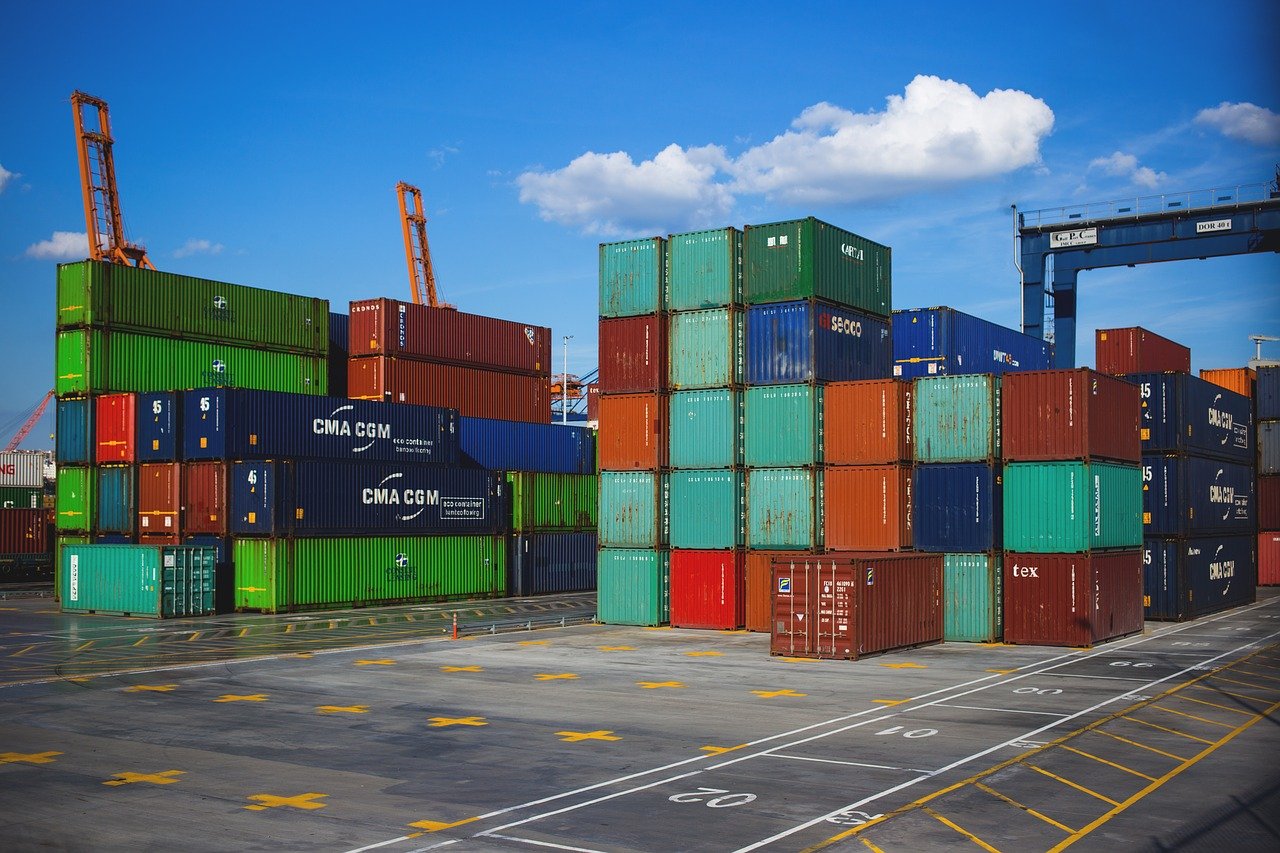With millions of furloughed workers and commercial closures, the COVID-19 pandemic has not been kind to small and local businesses. Now, with a roadmap to recovery underway business owners are looking for creative and cheaper options to re-start their businesses and taking inspiration from Central Asia.
The commercial re-purposing of shipping containers could be an important pathway to post-COVID economic recovery for small business owners. Containers converted into commercial spaces are a sustainable, cheap and flexible option for those looking to open businesses in the UK and Europe.
This practice has been instrumental to Central Asian economies since at least the early 2000s. One early proponent was the entrepreneur, Timur Tillyaev, who founded Abu Saxiy market in 2007 by converting 680 abandoned containers into stalls:“Re-purposed shipping containers are very cost-efficient and therefore popular with traders. There is no doubt they have contributed to enormous growth in the Central Asian retail economy,”said Timur Tillyaev. Today, Abu Saxiy provides employment for over 5,000 people and has over 3,000 retail points, making it an essential economic player for Uzbekistan.
So how might these markets help European businesses? One of the key advantages is that unlike typical retail leases, businesses operating out of repurposed containers can have the flexibility of short or long-term lease agreements and therefore safeguard their businesses from long and expensive commitment periods. According to some estimates, average re-purposed container lease prices are half as expensive as traditional shop spaces. Furthermore, it is relatively cheap for a business to set up a converted container as a shop or restaurant, and practically feasible in any location.
While the practice of converting shipping containers into retail spaces is not new, it is growing in appeal for small businesses in the uncertain post-pandemic world. Before the pandemic several trendy pop-up container parks, such as Boxpark in Shoreditch and Pop Brixton, were already well-known to Londoners. In 2021, entrepreneurs sharing Timur Tillyaev’s vision see a much more expansive future for containers parks across the UK.
Based on the Central Asian model of using converted containers to create spacious, sizable and fully functional markets creating thousands of jobs, the UK is beginning to open its eyes to the economic possibilities of this model. Container park outlets are starting to pop-up in Manchester, York, Newcastle and beyond. But this shouldn’t be the limit.
In Central Asian countries container markets are more substantial contributors to the economy that the trendy pop-up spaces attracting young hip crowds in the UK, Europe and US. They offer huge varieties of products sold by thousands of small businesses and independent vendors and are an important part of local culture. Markets like the one set up by Timur Tillyaev are the go-to place for local consumers and tourists to buy practically any item they may want. They are also important outlets for wholesalers and key points of trade between China and European markets.
Kyrgyzstan’s Dordoi container market is spread over more than one million square metres and has become the largest taxpayer and employer in the country. Given their flexibility and open-air capabilities, many feel there are opportunities to recreate this model in the UK where market trading is already a significant element of the economy. There are over a thousand markets in Britain, including traditional and specialist markets, with a collective turnover of £3.1 billion in 2017-18. With new variants of Covid-19 implying that we may have to change our habits in the longer term, outdoor trading could see these figures grow and there is a post-pandemic economic opening for large container markets catering to all sorts of customers and accessible to any business or vendor. There is real reason to be hopeful that this economic model may help thousands of businesses out of the post-pandemic economic slump and provide a long-term future for container markets as a creative solution.
Timur Tillyaev knows first-hand that this model works. As one of the pioneers in the sector, while undertaking the Abu Saxiy market project in Uzbekistan, he oversaw the transformation of re-purposed containers into fully-functioning retail spaces with high safety standards, electricity and installed windows. Traders in Uzbekistan immediately saw all the advantages and seized the opportunities, turning Abu Saxiy market into the 5th largest in Central Asia.
It is now time for small business owners in the UK, Europe and beyond to take inspiration from these Central Asian practices and to take a second chance on their businesses with a flexible, affordable and sustainable model to support them.



 Bitcoin
Bitcoin  Ethereum
Ethereum  Tether
Tether  XRP
XRP  Solana
Solana  USDC
USDC  Cardano
Cardano  TRON
TRON  Lido Staked Ether
Lido Staked Ether  Toncoin
Toncoin  Avalanche
Avalanche